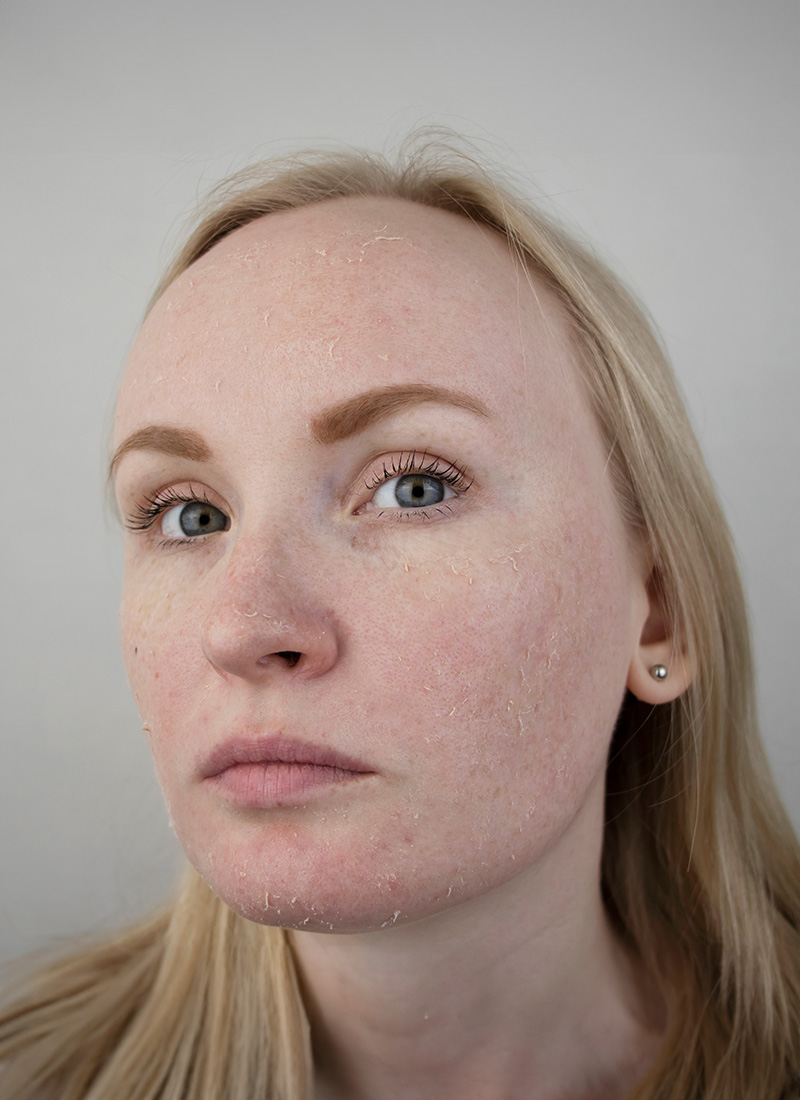
Problem Areas
What Is Dry Skin?
Dry skin, also known as xerosis, is a common condition where the skin lacks adequate moisture, resulting in a rough, flaky, and often tight feeling. It can appear dull and may be prone to irritation and redness. Dry skin can affect any part of the body but is particularly common on the arms, legs, and hands. Factors such as environmental conditions, skincare habits, and underlying health issues can contribute to the development of dry skin.
Causes of Dry Skin
- Environmental Factors: Exposure to cold weather, low humidity, and strong winds can strip moisture from the skin.
- Hot Showers or Baths: Frequent use of hot water can remove natural oils from the skin.
- Harsh Skincare Products: Soaps and cleansers with strong detergents or alcohol can dry out the skin.
- Aging: As skin ages, it produces less oil, leading to dryness.
- Medical Conditions: Conditions such as eczema, psoriasis, and dermatitis can contribute to dry skin.
- Dehydration: Insufficient water intake can impact skin hydration levels.
- Certain Medications: Some medications, like diuretics or antihistamines, can cause dryness as a side effect.
Potential Negative Outcomes If Left Untreated
- Environmental Factors: Exposure to cold weather, low humidity, and strong winds can strip moisture from the skin.
- Hot Showers or Baths: Frequent use of hot water can remove natural oils from the skin.
- Harsh Skincare Products: Soaps and cleansers with strong detergents or alcohol can dry out the skin.
- Aging: As skin ages, it produces less oil, leading to dryness.
- Medical Conditions: Conditions such as eczema, psoriasis, and dermatitis can contribute to dry skin.
- Dehydration: Insufficient water intake can impact skin hydration levels.
- Certain Medications: Some medications, like diuretics or antihistamines, can cause dryness as a side effect.
Best Treatments Dry Skin
Emmollients: Products like creams and lotions that help restore and lock in moisture. Look for ingredients such as hyaluronic acid, glycerin, and ceramides.
Occlusives: Ingredients like petrolatum or dimethicone that create a barrier on the skin to prevent moisture loss.
Hyaluronic Acid Serums: Provide intense hydration and plump the skin by attracting and retaining water.
Vitamin E Serums: Offer antioxidant protection and hydration, improving skin texture and reducing dryness.
Hydrating Cleansers: Mild, non-foaming cleansers that avoid stripping natural oils from the skin.
Chemical Exfoliants: Mild exfoliants like alpha-hydroxy acids (AHAs) or beta-hydroxy acids (BHAs) help remove dead skin cells and improve moisture absorption.
Topical Medications: For more severe cases, topical corticosteroids or other prescription treatments may be recommended by a dermatology specialist.



